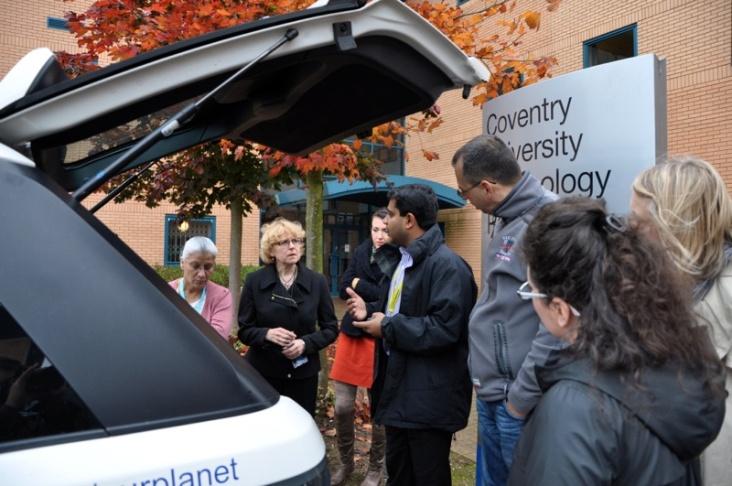Including people with dementia in user-driven research – a qualitative Living Lab protocol Rens Brankaert a, Liselore Snaphaan b and Elke den Ouden a a
Eindhoven University of Technology, Den Dolech 2, 5612AZ, Eindhoven, the Netherlands b Geestelijke Gezondheidszorg Eindhoven, Eindhoven, the Netherlands
Abstract The number of people affected dementia is growing rapidly, this will cause societal challenges in the near future. Problems caused by this can partly be tackled by developing assistive technology that allows them to live more independently. In this project a Living Lab approach is applied, to develop such innovative solutions in a user-centred way. To do this we analyse and developed a protocol for involving people with dementia and their caregivers in studies were they participate in their own home context. Over three iterations, with in total N=28 participants, we gathered insights concerning the protocol. We found it is important to instruct and prepare the participants well in time, to respect their wishes at all time and to keep them engaged with the project even after the studies are done. This results in a new protocol proposal for involving people with dementia in research. As such, we can develop better and more suitable assistive technology for people with dementia to aid them, and address the societal challenge. Keywords Living Lab, best-practise, dementia, design, Test Protocol 1 Introduction The number of people with dementia is growing rapidly, posing numerous societal challenges. Kinsella and colleagues (2009) estimate that the number of people with dementia will double by 2040. As a result the costs of dementia care are increasing severely, while it already is the most costly disease to treat. These increased costs will lead to less frequent and less intense professional care for this group. This creates a need for them to live longer in their home environment, relying on informal caregivers and social care services, rather than professional care. As such this affects the quality of life for both people with dementia and their caregivers. In the Innovate Dementia project we focus on aiding these people with innovative interventions.
75














